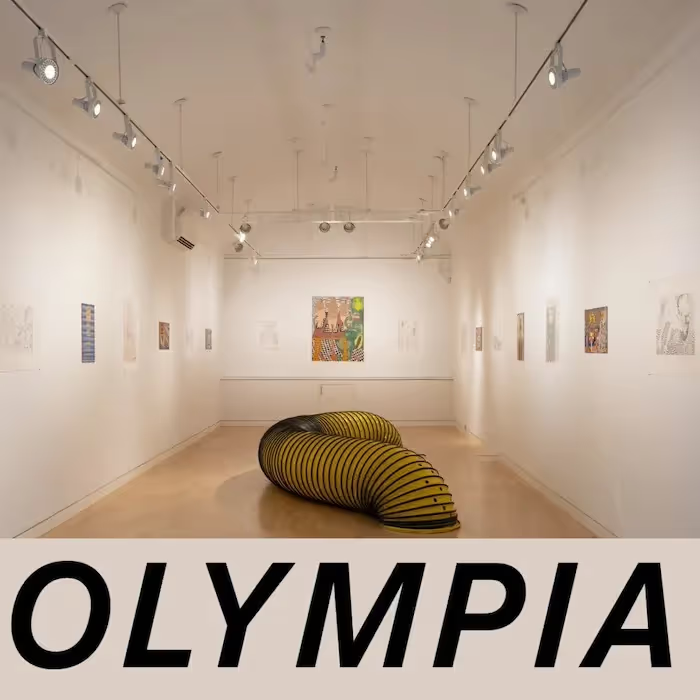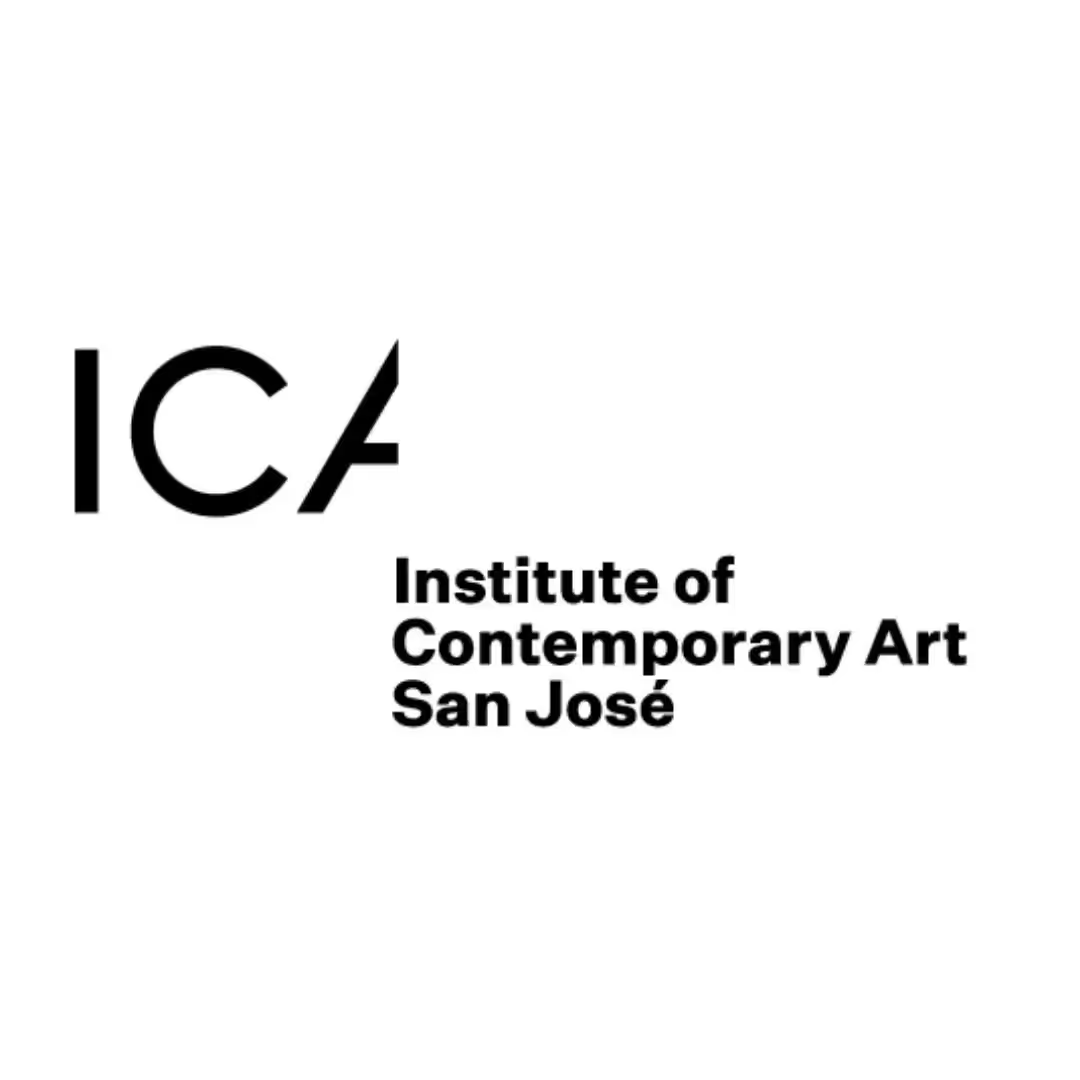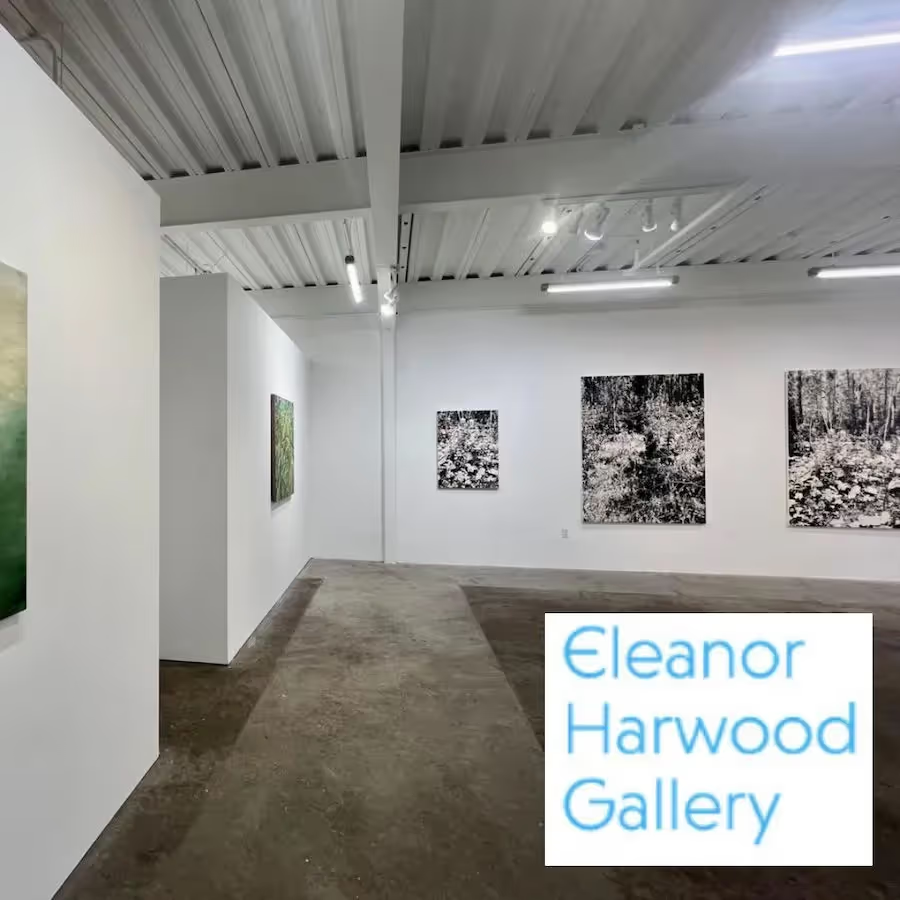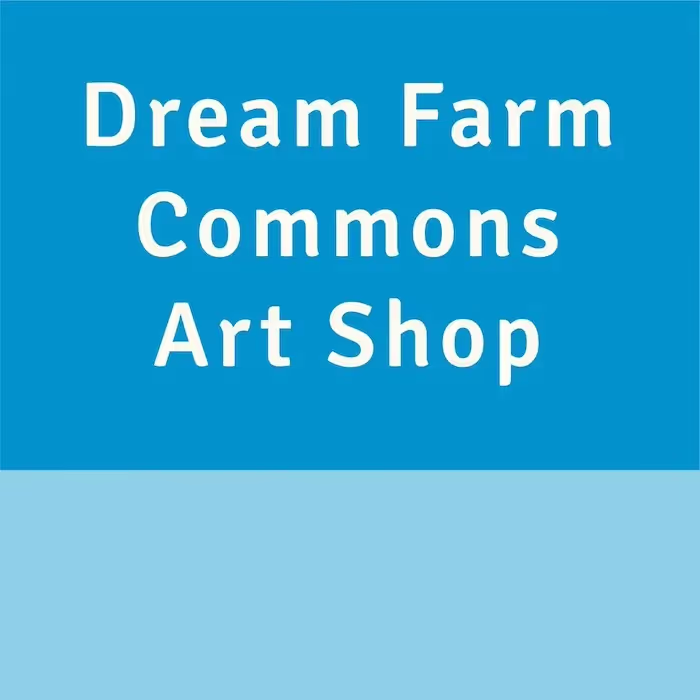↳
#
exhibitions
Fresh Greens, Deep Roots: BAMPFA’s Gala
The salad alone is worth crossing the bridge for.
The mâche was so fresh it seemed to breathe. Celery snapped delicately against the soft discs of the hearts of palm. The asparagus—barely blanched—held the crisp breath of morning mist. While the delicate endives, they tasted like they knew their farmer by name. And everything together wore that vinaigrette like unbleached linen in summer. The salad seemed gently hand-plucked at dawn from a very serious and very organic local farm, and then carefully procured at the legendary Berkeley Bowl or the MLK farmers market down the street.
This was not a passive plate.
The Berkeley Art Museum and Pacific Film Archive used to host their annual benefit in San Francisco because there was a fear that city philanthropists wouldn’t cross the bridge, but luckily that notion was gently composted during the pandemic. And while I can earnestly say that the vital life force of the salad alone was worth the mild bridge traffic, there was more than absurdly delicious vegetables at the museum. This gala and all the humans gathered there viscerally reminded me of the Bay’s fog-wet imagination and fierce creative lineage.
Cheryl Dunye, one of the evening’s honorees, broke cinematic ground in the ’90s with The Watermelon Woman—a first-of-its-kind film by a Black lesbian director. Her friend and colleague, Justin Simien, introduced her in a speech that blended emotion with history and recounted how Cheryl’s defiant storytelling shaped him as a gay Black kid in Texas. “I tell difficult stories”, Dunye proclaimed with a certain majesty after ascending to the podium “not because it’s easy, but because we have to.” Her urgency cut through the polite chatter of the room like a Japanese chef’s knife through cashew brie. “History gets written by those in power. I make films to challenge that—so it’s not just cherry-picked facts fed to us by the ruling class.”
Then came executive director of the Electronic Frontier Foundation, Cindy Cohn, to introduce Trevor Paglen as “the artist who makes the invisible infrastructure of our digital lives visible.” Surveillance capitalism is mutating into something darker, she warned, something more like psyops capitalism. Paglen’s work is vital not only because it's timely, but because it helps us understand the mysterious world of technology and we need a cultural fluency around these topics to make smarter decisions as a society.
His acceptance speech swerved between nostalgia and earnest reverence: skipping grade school to sneak into lectures at UC Berkeley then fearing that this escapade’s “permanent record” might one day sabotage his dream of going to grad school—at Berkeley, of course. He did end up finishing his PhD there and subsequently pioneered the brand-new field of Experimental Geography. Paglen poured out his deep affection for Berkeley as I slipped my fork through the buttery soft gâteau poured over the milk chocolate mousse. His work shines light on some of our day’s most pressing issues and asks big questions, but his love for Berkeley? Sweet, simple, and deep.
The room was buzzing. The mood felt buoyantly rebellious and totally heartfelt for this beloved university museum. With tributes shared and gratitude overflowing, the patrons and artists, gallerists and curators clinked their glasses and chatted before the dinner unraveled into a joyful dance party. The writer and BAMPFA curatorial associate Tausif Noor was kind enough to point out some of the artists in the room to me: Catherine Wagner, Jenni Olsen, Diedrick Brackens, Rose D'Amato, Helia Pouyanfar, Sadie Barnette, Quintessa Matranga and many more. As broad and deep as the Bay itself—photographers, filmmakers, sculptors, weavers, painters, performers. It was a room that felt both intimate and historically significant, one of those fleeting moments when place, purpose, and its people align.
Last time I was in that room, I was feasting (but only with my eyes) on the thunderous exhibition from the Shah Garg Collection, Making Their Mark, arguably one of the best museum group shows I’ve ever seen, anywhere. Probably the richest concentration of sublimely significant art that I’ve personally ever seen in the Bay. A searing chorus of some of the most powerful female artists, organized with finesse by the High Line Art’s Cecilia Alemani and Margot Norton, BAMPFA’s recently appointed chief curator. The show sang. It roared. It reoriented me as an artist.
And here I was again, beneath those same vaulted ceilings, forming new memories. There’s something deeply right about BAMPFA hosting its gala in its own building. These aren’t just walls—they are vessels, reminders of what’s been seen and said, but their emptiness on this evening also whisper premonitions of what to come.
For an artist who moved to the Bay almost a decade ago, with aspirations of somehow weaving myself into the legacy of this history, I’ve seen BAMPFA seriously deliver. Their subtle and poignant collection shows, public talks with everyone from celebrated poet Ocean Vuong to renowned curator Jamillah James, a shockingly excellent film series, and much more than I can name, these have all challenged, deepened, and delighted me.
Gatherings like this are reminders that cultural institutions don’t just endure on passion alone. Just a week after the National Endowments for the Arts cuts shook cultural institutions across the country, I really, really hoped BAMPFA made up the $260,000 it lost in funding. The gutting of the NEA is part of a broader assault on intellectual freedom at universities and this beloved university museum doesn’t just preserve legacy—it makes it.
And yes, the freshness of the salad was worth crossing the bridge for. (And nothing is perfect, I still have to brave the bridge). Yet driving out of Berkeley, it's storefronts like manifestos: Marxist apothecaries, crystal shops and punk/DIY bike repair collectives, I felt alive from the energy and discourse I found at BAMPFA. It lit up my drive back with something deeper than delight—inspiration and excitement for what’s possible, both anywhere but especially here. I’ll be returning soon, for Routed West: Twentieth-Century African American Quilts in California, opening June 8th. If you know, you know.
(Banner image: BAMPFA Annual Gala: Artist Trevor Paglen, BAMPFA director Julie Rodrigues Widholm, and filmmaker Cheryl Dunye. Photos: Drew Altizer Photography. Courtesy of BAMPFA)

.png)








.avif)







.jpeg)



.avif)
.avif)





.avif)
.avif)

.avif)









.avif)
.avif)
.avif)










.webp)

%20(1).webp)
.webp)

.webp)



.avif)


.jpg)


.webp)
.webp)


